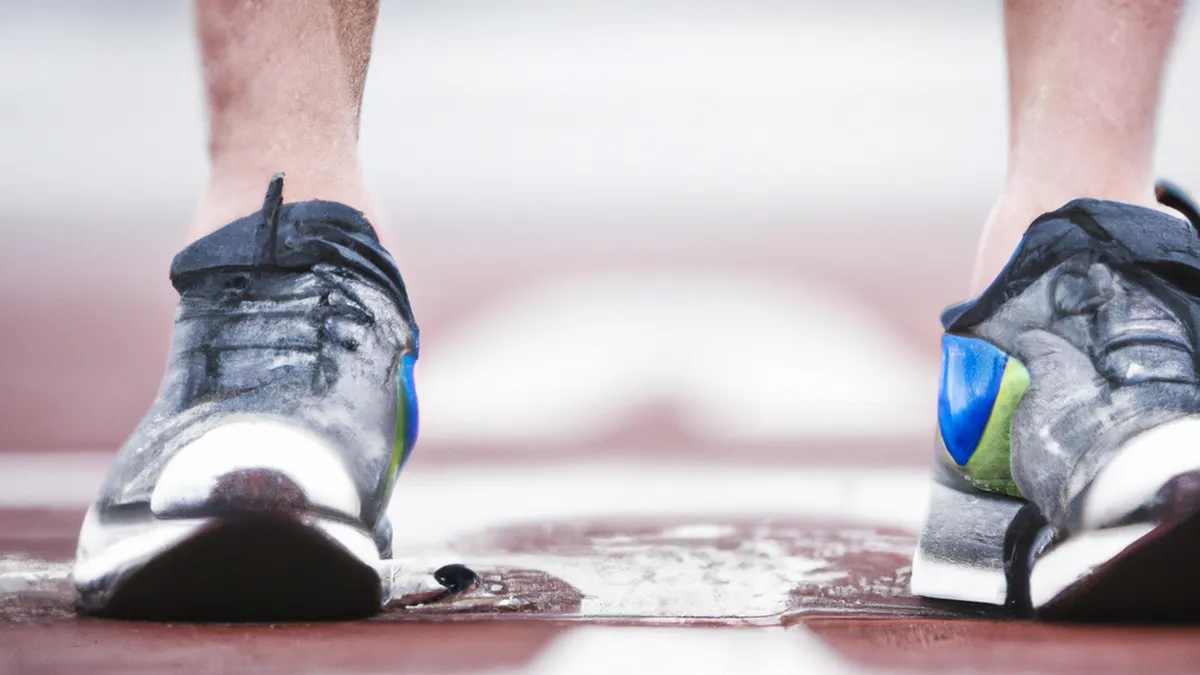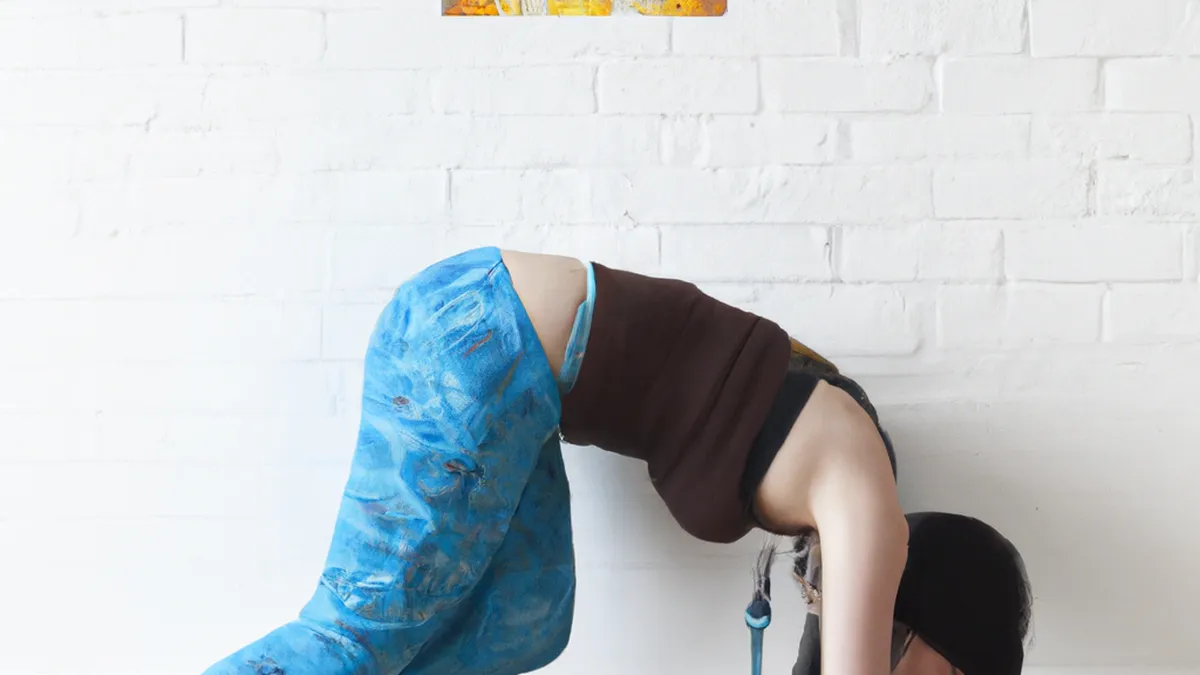Proper Footwork: Avoiding Dangerous Falls
Proper Technique to Avoid FallsFalls lead to injuries, especially in older adults. Everyone can learn techniques to prevent falls. Focus on balance, strength, and awareness to reduce your risk. This blog explores effective strategies to help you stay safe.
Understanding Fall Risks
Falls occur due to various factors. Slippery surfaces, uneven terrain, and poor lighting often contribute. Certain medical conditions, physical limitations, and medications can increase your risk. Assess your environment and identify potential hazards.
Identify Common Hazards
Pay attention to where you walk. Cluttered floors, loose rugs, and electrical cords pose risks. Avoid walking on wet floors and be cautious in icy areas. Ensure stairs are well-lit and free of obstacles. Identify hazards to take proactive steps.
Home Modifications
Make modifications to enhance safety in your living space. Install grab bars in bathrooms and secure loose carpets. Ensure all areas are well-lit to decrease fall risks. Use non-slip mats in bathrooms and kitchens to prevent slips. Create a safe environment for a fall-free lifestyle.
Evaluate Your Health
Consider your health status and medications. Some medications affect balance, coordination, or cognitive function. Health conditions like arthritis or neurological disorders may limit mobility. Consult your healthcare provider for personalized advice. They can help you maintain balance and overall health.
Tips for Improving Balance and Strength
As an Amazon Associate I earn from qualifying purchases.
Gear tip: consider running shoes, gps running watch, and heart rate strap to support this topic.
Improving balance and strength reduces your risk of falling. Regular exercise enhances your physical capabilities and promotes safety.
Practice Balance Exercises
Incorporate balance-promoting activities into your routine. Simple exercises like standing on one foot work well. Start by holding onto a sturdy surface, then gradually let go. Balance for about 10 seconds, then switch feet. Repeat several times on each side.Consider yoga or tai chi for controlled movements. These practices improve balance and flexibility over time. Group classes offer social interaction and motivation.
Strengthen Your Muscles
Strength training is crucial for fall prevention. Focus on exercises targeting legs, core, and upper body. Squats, lunges, and leg lifts enhance lower body strength. Planks, seated rows, and resistance band exercises build core and upper body strength.Aim for at least 150 minutes of moderate exercise weekly.
Conclusion
Implementing these strategies helps you reduce fall risks and maintain safety. Stay proactive about your health and environment for a safer lifestyle.
Below are related products based on this post:
FAQ
What are the main causes of falls?
Falls can occur due to slippery surfaces, uneven terrain, and poor lighting. Additionally, certain medical conditions, physical limitations, and medications can increase the risk of falling. It’s essential to assess your environment and identify potential hazards to mitigate these risks.
How can I modify my home to prevent falls?
To enhance safety in your living space, consider installing grab bars in bathrooms and securing loose carpets. Ensure all areas are well-lit and use non-slip mats in bathrooms and kitchens. These modifications can significantly decrease fall risks and create a safer environment.
What exercises can help improve balance and strength?
Incorporating balance-promoting activities, such as standing on one foot, can enhance stability. Additionally, strength training exercises like squats, lunges, and planks are effective for building muscle strength. Aim for at least 150 minutes of moderate exercise each week to maintain balance and overall health.















Post Comment